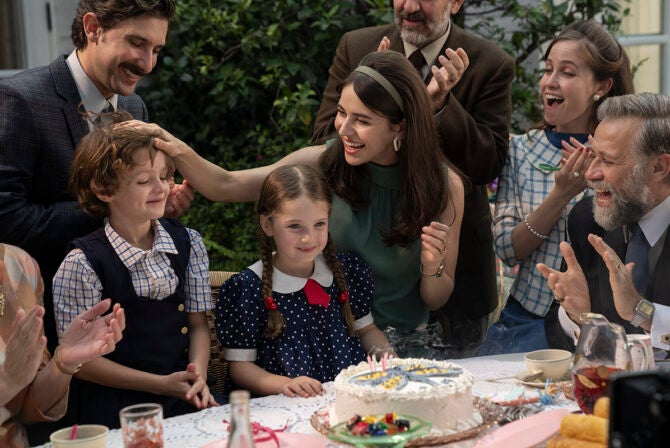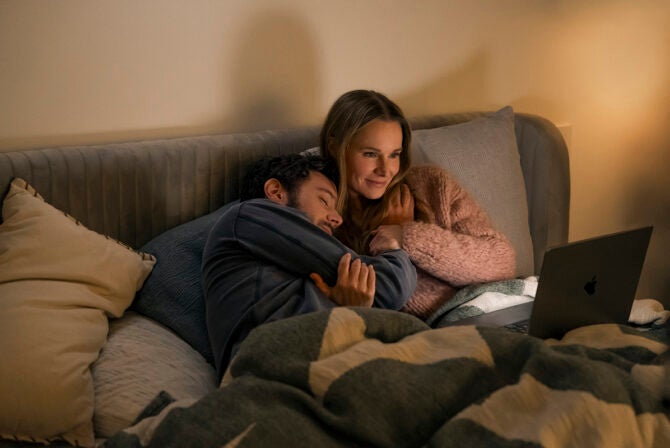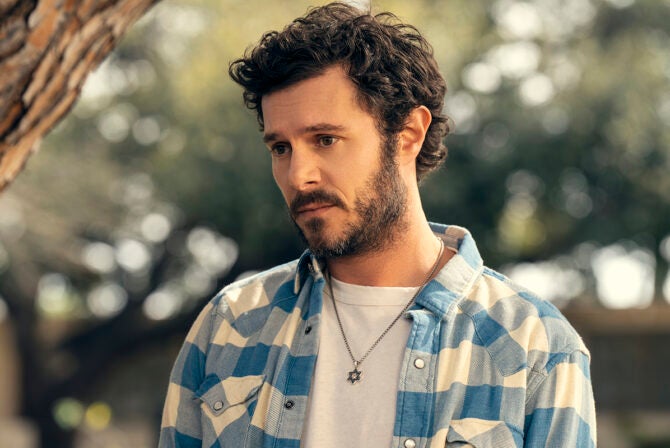Two weeks ago, my Bubbie passed away. She was an absolute legend, the embodiment of everything that makes Jewish grandmothers powerful. All 4’8” of her was pure love. And strength. And wisdom. And fierceness. We loved her. But perhaps even more profoundly, she loved us.
I had the horrible task of calling to tell my little sister, who lives in Canada, the news. After her visceral reaction, she said something to me through her tears that took my breath away: “So we have no grandparents left?” I hadn’t really thought of it like that, but it was just about the saddest thing I’d ever heard.
My dad would say about the grief he felt after losing his father, and now his mother, that sometimes he felt selfish for being so sad that someone who loved him so much was gone.
I hadn’t truly understood that until we lost Bubbie, because as soon as I realized I no longer had anyone in the world who looked at me through the eyes of a grandparent, I craved it profoundly. I felt robbed of it. I felt like the universe lost the last of its biggest Robyn-cheerleaders and I was worried about the karmic consequences.
I have struggled with self-doubt and even self-hate. Depression, anxiety, insecurity—I’ve been there. I’m pretty sure we all have.
But, I was blessed with the most amazing grandparents. And, for most of my life, until a few weeks ago, I was perpetually overdosing on grandparent-love—that unconditional love, pride, and support that you sometimes feel unworthy of and sometimes overwhelms you. It’s the exact opposite and antidote to those pervasive, ugly, and dangerous thoughts that we limit our selves and our lives with. I considered the prospect of entering a new phase of my life where that just didn’t exist anymore.
I asked myself a few questions.
Why couldn’t I see myself the way my grandparents saw me?
Does that grandparent-love energy really have to disappear from the universe now that they’re gone?
If that kind of love, belief, and pride exists, why can’t I choose that for myself?
Why do I choose harshness and doubt?
Just for a minute, I channeled my Bubbie and tried to see myself the way she saw me. And then the way all my grandparents saw me.
I cried. I wrote. I meditated on it.
Wow.
It was powerful. And I think it’s changed my life.
I realized the point isn’t whether you are really as great as your grandparents think you are (you are). The power is in the belief. The perception. And self-perception is one of the most powerful tools we have in this life. It can determine if we win or if we lose.
This realization didn’t rid me of every doubt or fear or insecurity I’ve ever had. But, the ability to access this other reality where I know I am great—where it is obvious I am going to succeed, where I am important and beautiful and perfect, where I am the star of my own life—that has changed the game for me.
And I know it will for you, too.
So I think we should all strive to see ourselves the way our grandparents see us. And then go and live extraordinary lives. Because we know we deserve it and that we’re capable of it—just like they knew. It’s the absolute best way we can honor what they meant to us.
And I know that if we do, magical things will happen.
Read More:
How to Choose a Hebrew Name for Your Baby
No One Prepared Me for My Son’s Bris
9 Surprising Women Who Are (Or Were Raised) Orthodox Jewish








